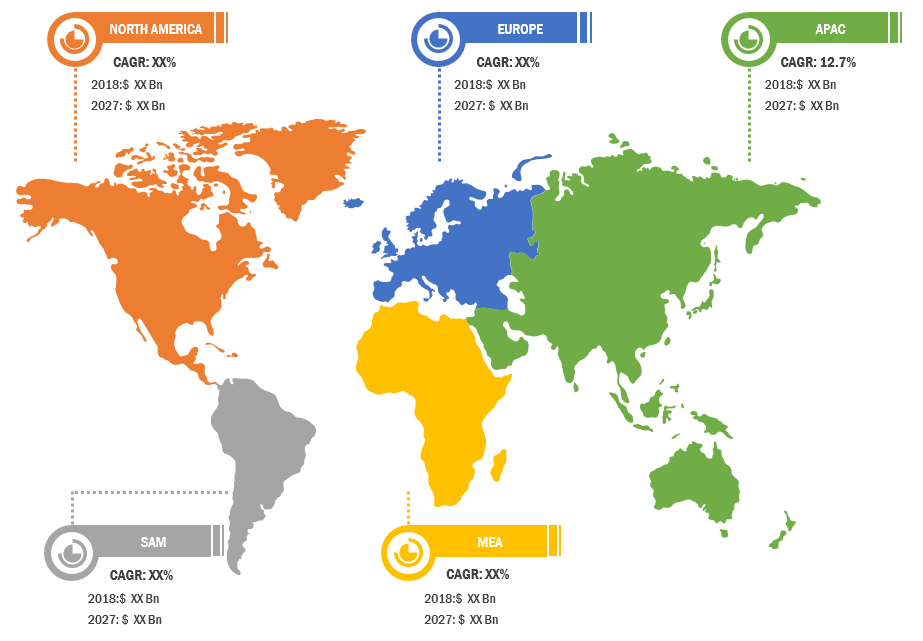In an age where information is abundant and easily accessible, search engines have become an indispensable part of our daily lives. Whether we’re looking for answers to a specific question, seeking products or services, or conducting research, search engines help us navigate the vast sea of information on the internet.
However, not all smart search engines are created equal. In recent years, there has been a shift towards intelligent search, which differs significantly from traditional search.
In this blog, we will explore the differences between intelligent search and traditional search, and why intelligent search is shaping the future of information retrieval.
Traditional Search: The Basics
Traditional search engines, like the early iterations of Google and Bing, primarily rely on keyword-based queries to retrieve information from the web.
Users input a few keywords or phrases, and the search engine scans its index of web pages to find matches. The results are typically presented as a list of links, ordered by relevance according to an algorithm that considers factors like keywords, page ranking, and user engagement.
The Limitations of Traditional Search
While traditional search engines have served us well for many years, they do have limitations. One of the most significant drawbacks is their inability to understand the context and intent behind a user’s query.
For example, if you search for “apple,” a traditional search engine may provide results related to the fruit, the tech company, or even the Beatles’ record label.
It doesn’t automatically know whether you’re looking for information on the latest iPhone or apple pie recipes.
Intelligent Search: A Paradigm Shift
Intelligent search represents a fundamental shift in how search engines work. Instead of relying solely on keywords, these systems leverage advanced technologies such as natural language processing (NLP), machine learning, and artificial intelligence (AI) to comprehend the meaning and context of a query.
Let’s explore the key differences between intelligent search and traditional search.
- Contextual Understanding:
Intelligent search engines can understand the context of a user’s query. They analyze the entire sentence or question, taking into account the relationships between words and phrases.
For instance, if you ask, “What is the weather like in New York today?” an intelligent search engine can parse the question and provide a weather forecast for New York without the need for additional keywords.
- Personalization:
Traditional search engines offer limited personalization based on your search history and location. Intelligent search goes a step further by creating personalized profiles for users, considering their preferences and past interactions.
This allows for highly tailored search results, making it easier to find relevant information quickly.
- Conversational Search:
Intelligent search engines are designed to handle conversational queries, mimicking human-like interactions. Users can ask follow-up questions, and the search engine will maintain context, making the search experience more fluid and intuitive.
- Richer Content Formats:
While traditional search results typically consist of text-based links, intelligent search engines can provide richer content formats, such as snippets, images, videos, and interactive widgets, directly within the search results.
This enhances the user experience and reduces the need to click through multiple links.
- Predictive Suggestions:
Intelligent search engines use predictive algorithms to suggest queries or provide answers before users finish typing their questions. This feature anticipates user intent and streamlines the search process.
- Semantic Search:
Intelligent search engines use semantic understanding to decipher the meaning of words and phrases, even when they have multiple interpretations. This enables more accurate and contextually relevant results.
Why Intelligent Search Matters
Intelligent search is not just a technological advancement; it’s a game-changer in how we access and interact with information. Here are some reasons why intelligent search is vital in today’s digital landscape:
- Time Efficiency:
Intelligent search engines save users time by providing more accurate and relevant results upfront. Users can quickly find what they need without sifting through irrelevant information.
- Enhanced User Experience:
The conversational and personalized nature of intelligent search creates a more user-friendly experience. It’s like having a helpful assistant who understands your needs and preferences.
- Improved Decision-Making:
For businesses and professionals, intelligent search can be a game-changer. It helps in research, competitive analysis, and staying up-to-date with industry trends, ultimately leading to better decision-making.
- E-commerce and Recommendations:
Intelligent search plays a crucial role in e-commerce by recommending products based on user preferences and behavior. This leads to higher conversion rates and customer satisfaction.
- Accessibility:
Intelligent search can make information more accessible to people with disabilities. Voice-controlled intelligent search assistants like Siri and Google Assistant have revolutionized how individuals with limited mobility interact with technology.
Conclusion
Traditional search engines have served us well for decades, but the limitations of keyword-based queries are becoming increasingly apparent in the era of information overload.
Intelligent search, with its contextual understanding, personalization, and conversational capabilities, is redefining the way we access and interact with information.
As AI and NLP technologies continue to advance, we can expect intelligent search to become even more integral to our daily lives, offering a more efficient and personalized way to navigate the digital world.
So, the next time you ask a question online, you may find that intelligent search is there to assist you in ways you never thought possible.
Author Section
Suzzain is a passionate and insightful blogger, known for her captivating writing style and keen eye for detail. With a knack for storytelling, Suzzain takes readers on immersive journeys through her blog. Check out her pieces on information in sites like The New Technologyera, Next Future of AI,The World Of Ev, Gamexspace, Country Gamers, Casino Magazine, Global Bulletin Magazine, Decoimagination





